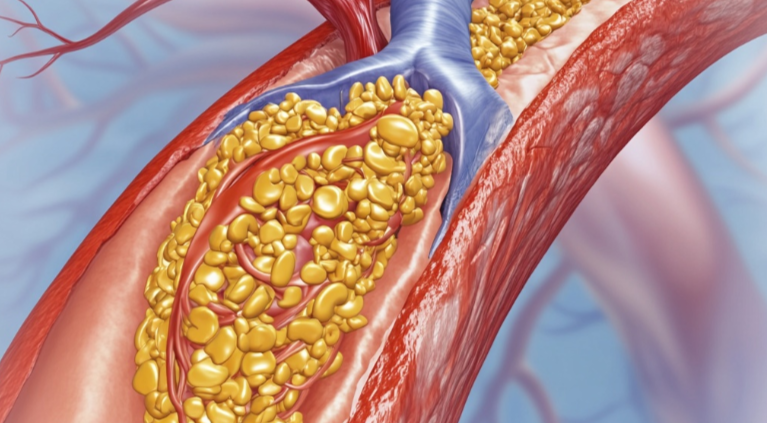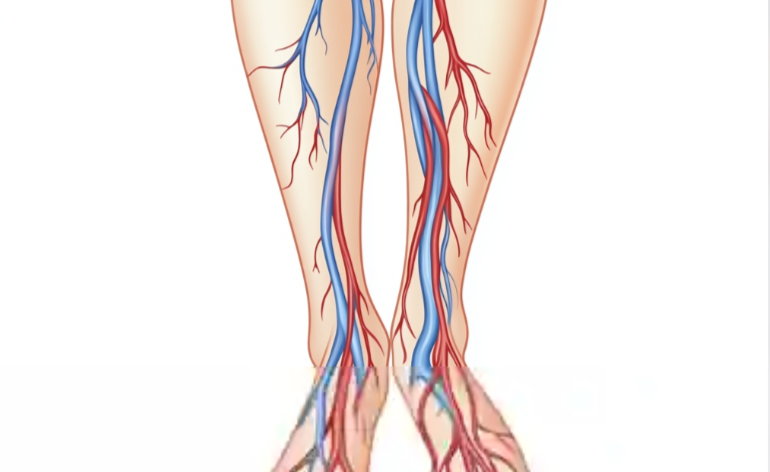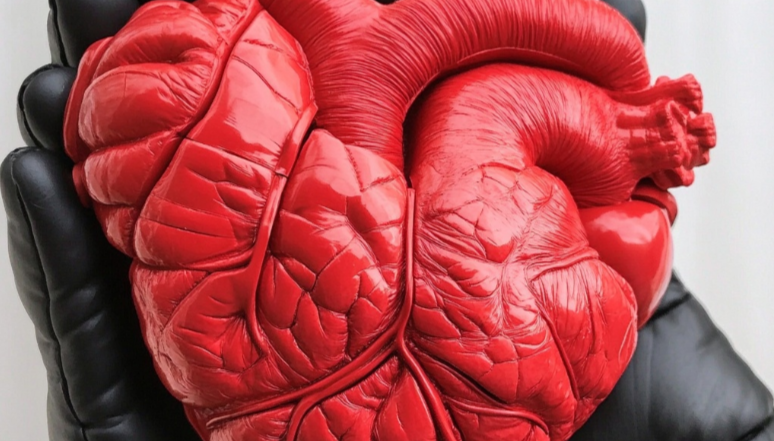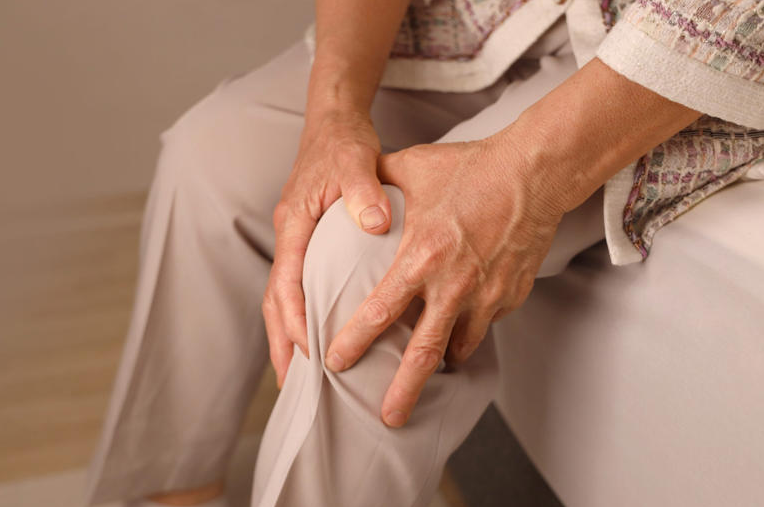Signs Your Legs Might Reveal About High Cholesterol.
Others are reading now
Hypercholesterolemia, or high cholesterol, is a potentially life-threatening condition caused by excess cholesterol in your blood. Over time, it can lead to severe health complications like heart attacks and strokes.
The Danger of Cholesterol Build-Up

Also read
The build-up of cholesterol can block arteries, reducing blood flow and increasing the risk of cardiovascular diseases, which claim nearly 18 million lives worldwide every year.
A Widespread Issue

According to Hopkins Medicine, more than 71 million Americans have high cholesterol levels, putting them at significant risk of heart-related complications.
Hard to Detect

High cholesterol is often symptomless, leading to many cases going undiagnosed until a medical emergency arises or through routine blood tests, according to the NHS.
Early Warning Signs

Although symptoms are rare, certain signs, like the onset of peripheral artery disease (PAD), can signal high cholesterol levels if identified early.
What is Peripheral Artery Disease (PAD)?

PAD is a condition where fatty deposits in arteries limit blood flow to leg muscles. Symptoms may not always be evident, but when present, they provide important clues about cholesterol-related risks.
Gradual Development of PAD Symptoms

According to NHS guidelines, PAD symptoms often develop gradually but can worsen suddenly, signaling the need for immediate medical attention.
Common Symptoms of PAD

The most common symptom of PAD is leg pain during walking, which subsides after resting. Shiny skin on the legs and discomfort in both legs, often worse in one, may also indicate PAD.
The Risks of PAD

PAD significantly increases the risk of coronary heart disease. If you suspect PAD or have concerns about your cholesterol, it’s essential to consult a doctor.
Consult Your Doctor

Early detection and treatment can make a significant difference. Speak with your doctor about managing cholesterol to protect your heart and overall health.


